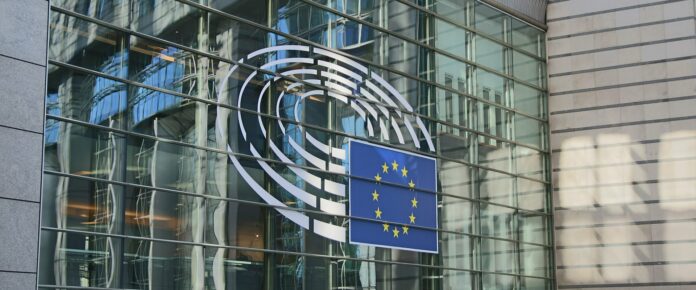The marine carbon dioxide transshipment terminal, a joint venture by ORLEN, Lafarge Cement S.A., and Air Liquide Polska, has secured a grant from the European Commission to prepare investment project documentation and feasibility studies for the supply chain. The terminal’s construction will contribute to ORLEN’s strategic objectives of reducing its own CO2 emissions. It will also facilitate services related to carbon dioxide management for businesses, for which carbon capture and sequestration (CCS) is the only available technology to reduce emissions. Between 2027-2030, ORLEN will have the capacity to manage or sequester 3 million tonnes of CO2 annually.
The planned CO2 terminal is part of the “PL-EU Interconnector” initiative, which is included in the list of Projects of Common Interest (PCI), housing projects crucial for implementing the EU’s energy and climate policy. The project’s objective is to complete the necessary engineering and transport studies for the construction of a multimodal carbon dioxide terminal in Gdansk. The grant, amounting to €2.54 million, was awarded under the “Connecting Europe” programme (CEF Energy PCI “Studies”) and will be used to prepare project documentation, including the Front-End Engineering Design (FEED) for the marine terminal.
The terminal’s construction will be divided into two phases, with the first phase achieving a throughput capacity of 3 million tonnes of CO2 annually. Approximately 1 million tonnes of CO2 will be used by ORLEN for carbon dioxide sequestration from the Płock Production Plant, about 1 million tonnes will be used by Lafarge Cement S.A., and the remaining 1 million tonnes will be available for commercial services. This solution will benefit sectors where avoiding CO2 emissions is challenging due to technological reasons, resulting in limited options to significantly reduce CO2 emissions, particularly the steel and cement industries.
The planned location for the terminal is Gdansk. It is anticipated that carbon dioxide will be delivered to the terminal from industrial plants in the central and northern parts of the country, then shipped and transported to final sequestration points located under the seabed. Initially, carbon dioxide will be transported by rail to the terminal, although the ultimate solution is to build a pipeline transporting CO2.
Lafarge Cement S.A., a partner of ORLEN, signed an agreement in January 2023 to co-finance the Kujawy Go4ECOPlanet project under the Innovation Fund competition. The project foresees the launch of a CO2 capture installation in the Kujawy Cement Plant in 2027, which will enable the complete reduction of the carbon footprint from clinker firing.
The construction of the marine CO2 terminal is the first investment of its kind in Poland and one of the first in the region. The project will allow the ORLEN Group to establish itself as a leader in carbon dioxide emission management services and will facilitate the group’s achievement of carbon neutrality by 2050. The investment will contribute to the development of infrastructure for CO2 transport in Central and Eastern Europe.
Additionally, in September this year, ORLEN, in partnership with Lafarge Cement S.A. and Air Liquide Polska, and in cooperation with ORLEN Lietuva, obtained PCI project status for the ECO2CEE project (a continuation of the “EU CCS Interconnector” project), on the new list of PCI/PMI projects. This will enable applications for co-financing of the terminal construction works from the CEF Energy PCI “Works” programme for the years 2024-2025.


















